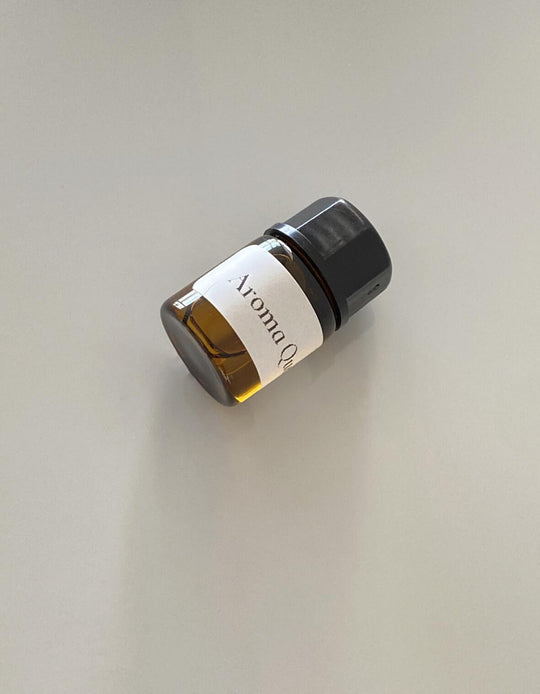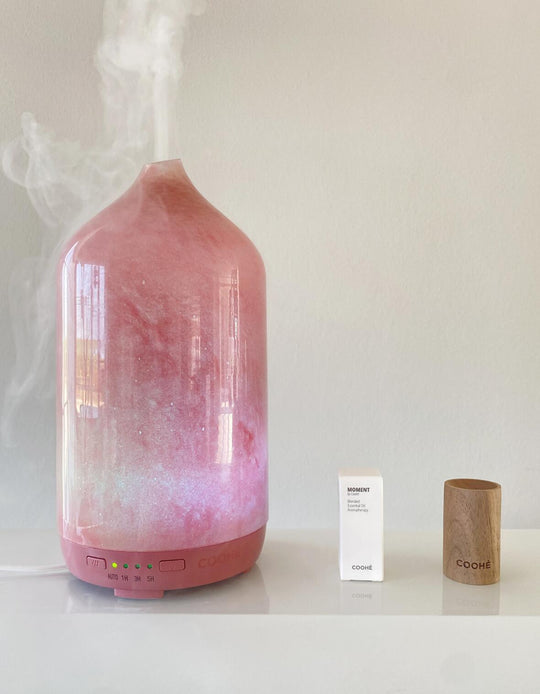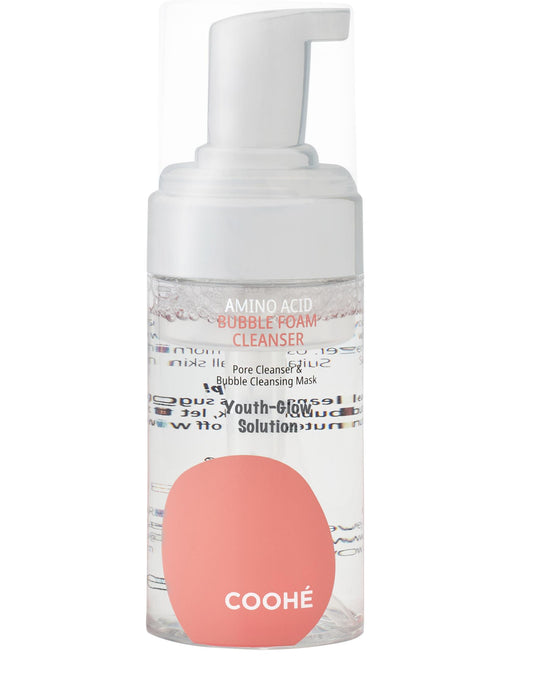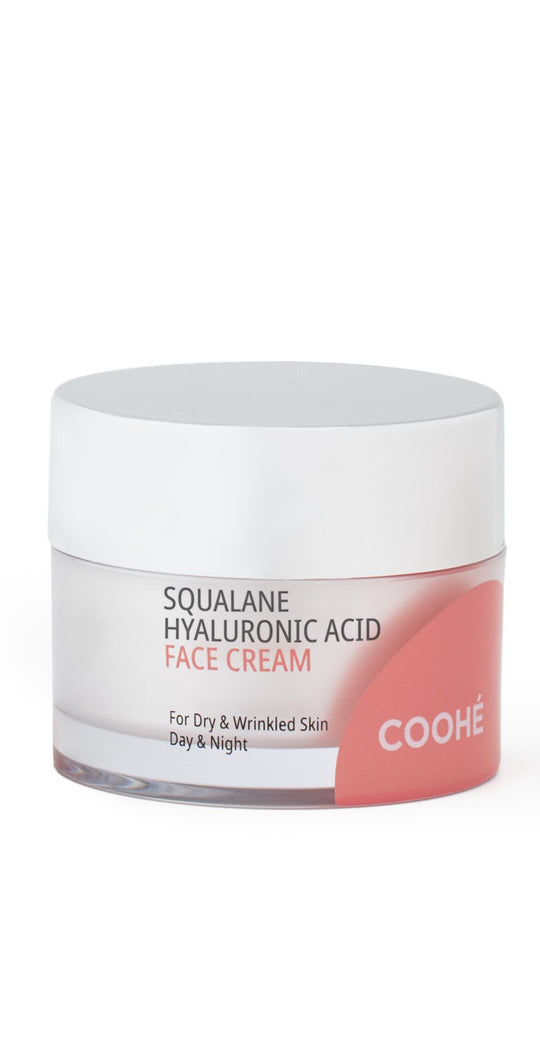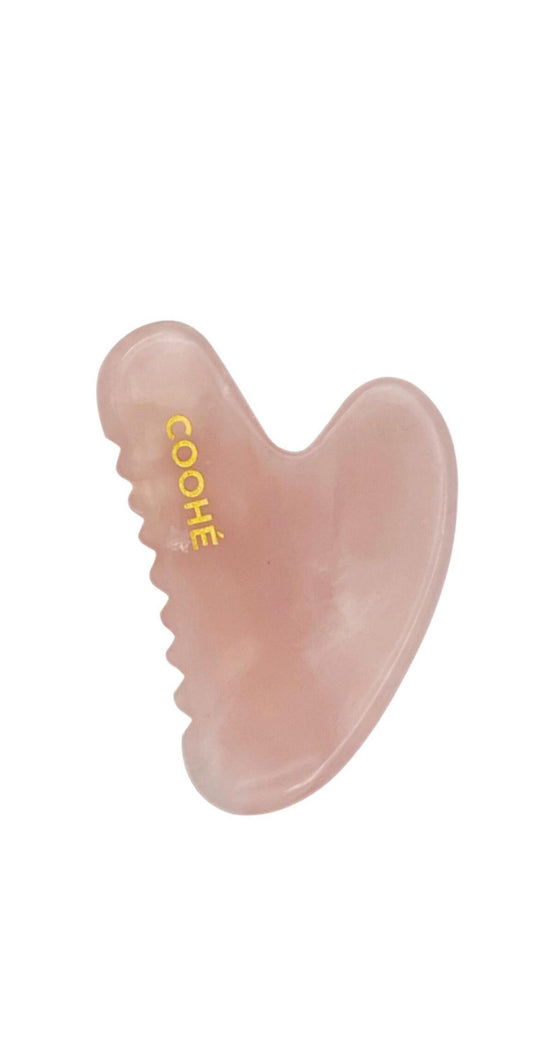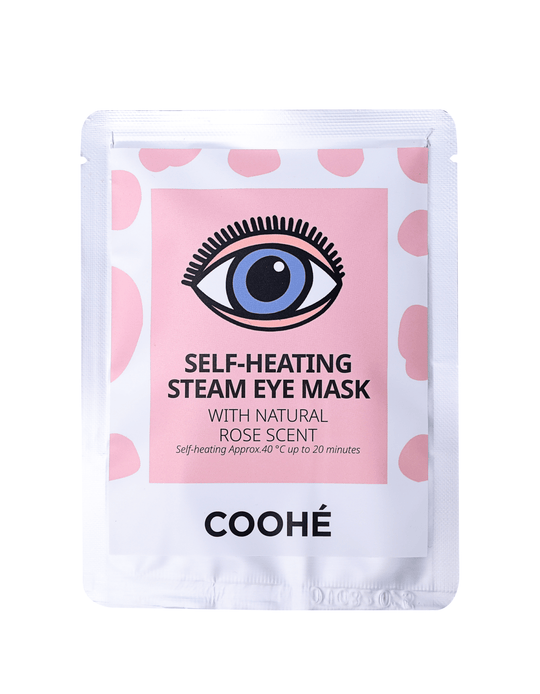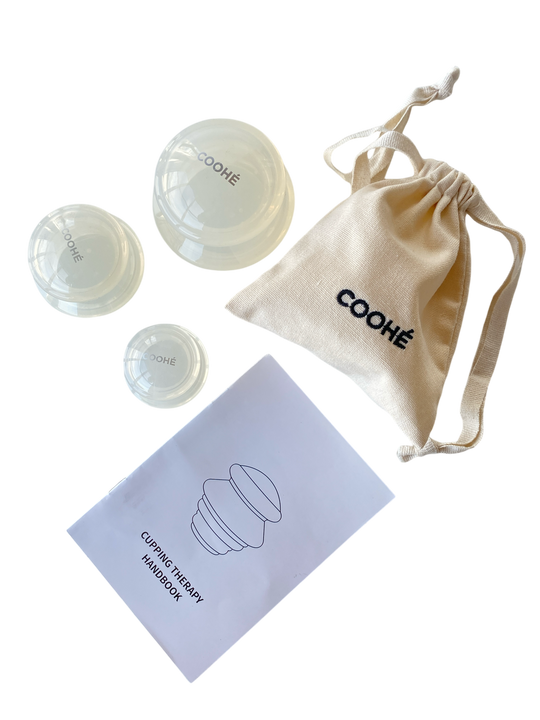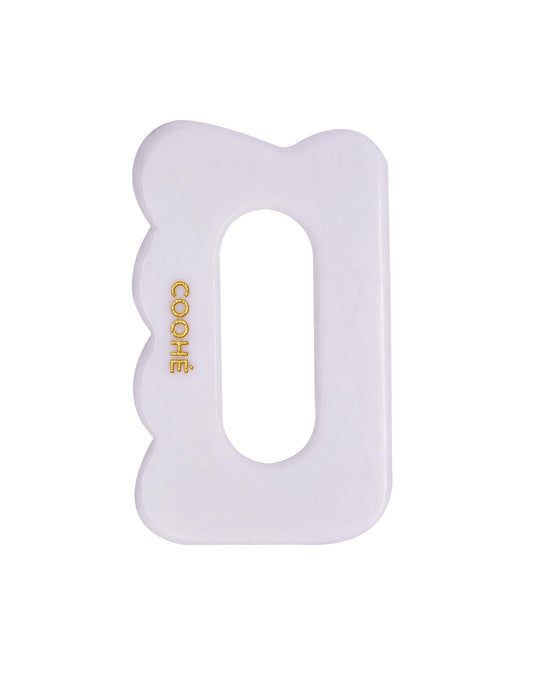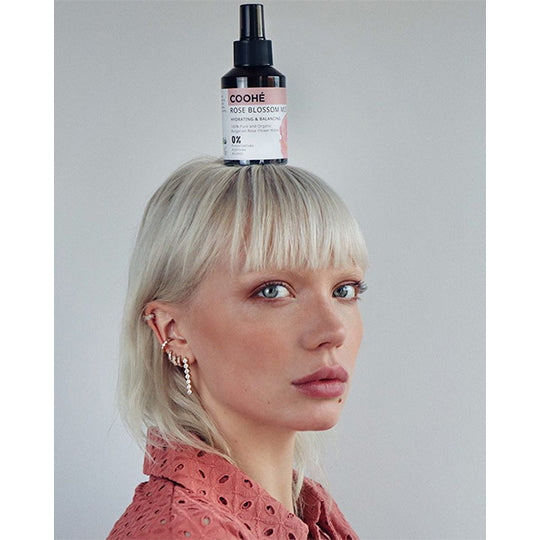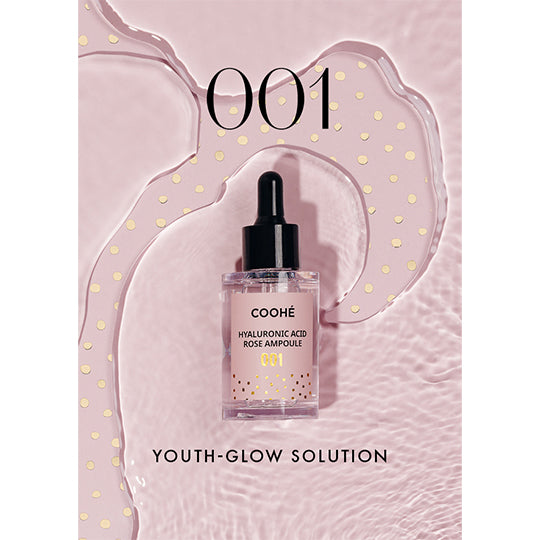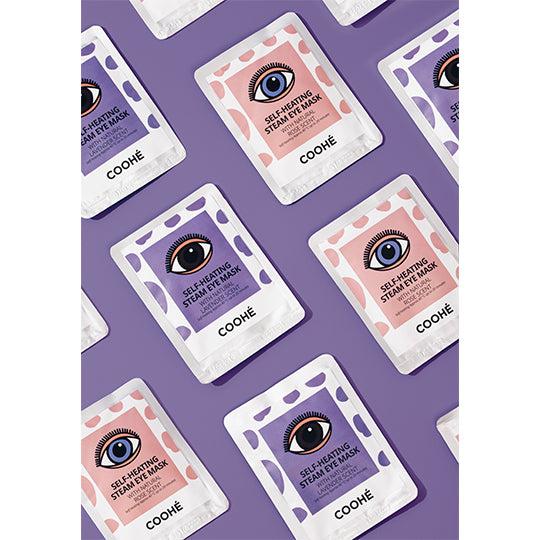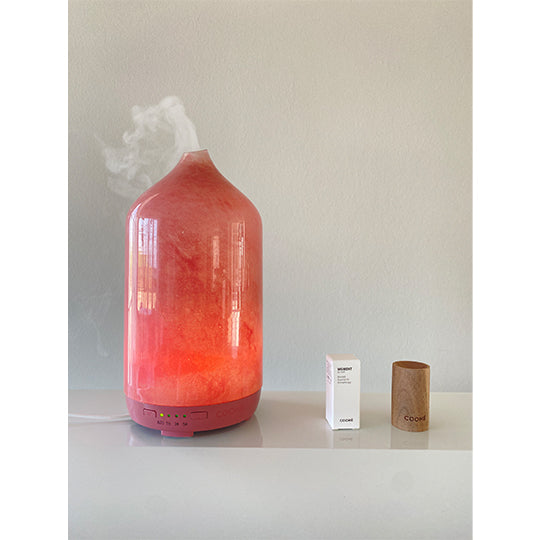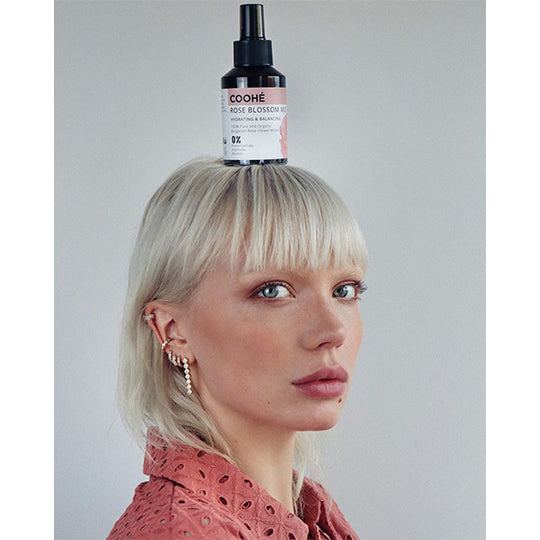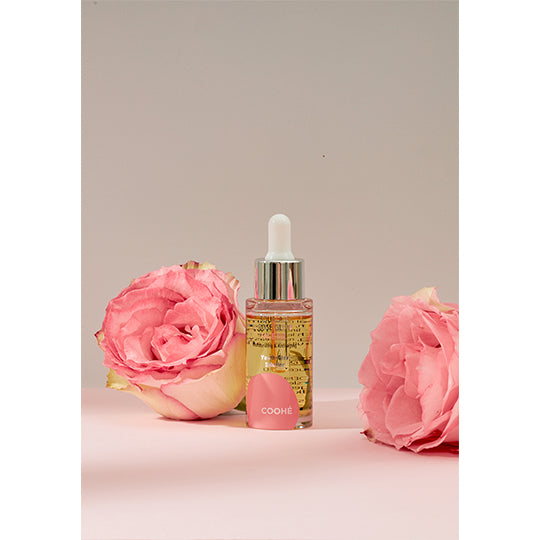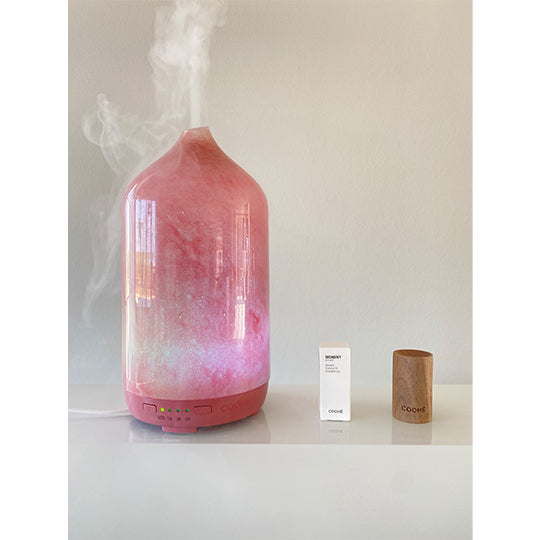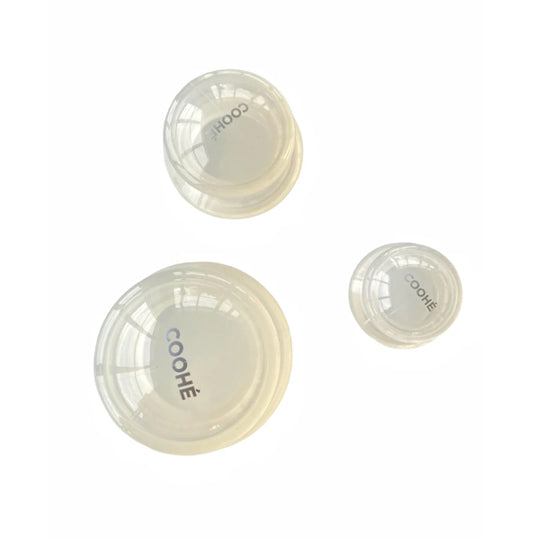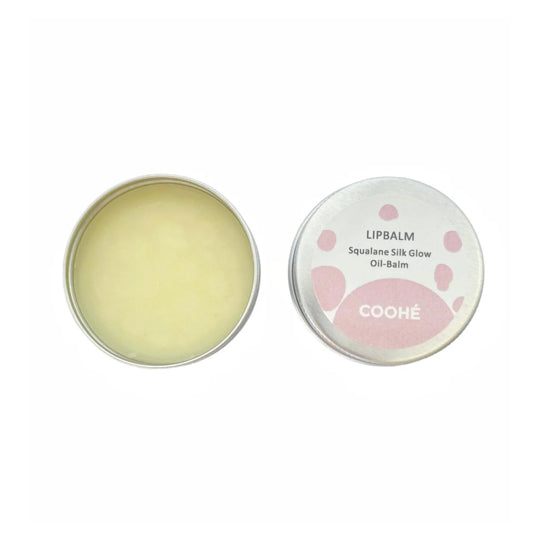Impact of Diffusers on Mind & Body

Impact of Diffusers on Mind & Body - In today's growing world, where stress and anxiety have become common challenges, many people are turning to natural remedies to find peace and relaxation. One such remedy that has gained significant popularity is the use of diffusers. These devices, often paired with essential oils, are more than just a tool for spreading pleasant scents—they offer a range of benefits for both the mind and body.
In this blog, we'll explore how diffusers work, the different types available, and the profound impact they can have on mental and physical well-being.
How Diffusers Work
Diffusers are devices designed to disperse essential oils into the air, allowing the aromatic molecules to be inhaled and absorbed by the body. The most common types of diffusers include ultrasonic, nebulizing, evaporative, and heat diffusers. Each type has its own mechanism for dispersing essential oils, but they all serve the same purpose: to create a soothing and therapeutic environment.
- Ultrasonic Diffusers
These diffusers use ultrasonic vibrations to break down essential oils into tiny particles, which are then mixed with water and released into the air as a fine mist. Ultrasonic diffusers are popular because they also add moisture to the air, making them ideal for dry environments.
- Nebulizing Diffusers
Nebulizing diffusers work by using pressurized air to disperse essential oils in their purest form, without the need for water or heat. This type of diffuser is highly effective and delivers a concentrated aroma, making it a great choice for therapeutic purposes.
- Evaporative Diffusers
Evaporative diffusers use a fan to blow air through a pad or filter that has been soaked with essential oils. As the air passes through, it evaporates the oils and disperses their scent into the room. These diffusers are simple and effective, but they may not offer the same therapeutic benefits as other types.
- Heat Diffusers
Heat diffusers, as the name suggests, use heat to warm essential oils, causing them to evaporate and release their aroma. While these diffusers are effective in spreading scents, they may alter the chemical composition of the oils due to the heat, potentially reducing their therapeutic properties.
The Impact of Diffusers on the Mind
- Stress Reduction
One of the most well-known benefits of using diffusers is their ability to reduce stress. Essential oils like lavender, chamomile, and bergamot are known for their calming properties. When diffused into the air, these oils can help lower cortisol levels, the hormone responsible for stress, promoting a sense of relaxation and tranquility.
- Improved Sleep
Sleep is crucial for overall well-being, yet many people struggle with insomnia or poor sleep quality. Diffusing essential oils like lavender, cedarwood, and sandalwood before bedtime can create a peaceful atmosphere that encourages relaxation and sleep. The gentle aroma of these oils can help slow down a racing mind, making it easier to drift off to sleep.
- Enhanced Mood
Diffusers can have a significant impact on mood regulation. Essential oils like citrus, peppermint, and rosemary are known for their uplifting and energizing effects. Diffusing these oils can help combat feelings of sadness, anxiety, and fatigue, boosting your mood and creating a more positive mental state.
- Cognitive Function and Focus
Certain essential oils, such as rosemary, peppermint, and eucalyptus, are believed to enhance cognitive function and improve concentration. Diffusing these oils in a workspace or study area can help sharpen focus, improve memory, and increase mental clarity, making it easier to complete tasks and stay productive.
- Emotional Balance
Diffusers can also play a role in balancing emotions. Essential oils like frankincense, ylang-ylang, and patchouli have grounding properties that can help stabilize emotions and provide a sense of inner peace. Regular use of these oils in a diffuser can contribute to emotional resilience and overall mental well-being.
The Impact of Diffusers on the Body
- Respiratory Health
Diffusing essential oils like eucalyptus, tea tree, and peppermint can help support respiratory health. These oils have natural decongestant and anti-inflammatory properties that can help clear the airways, making it easier to breathe, especially during cold and flu season. Diffusers also add moisture to the air, which can soothe irritated respiratory passages.
- Immune System Support
Some essential oils, such as tea tree, lemon, and oregano, have powerful antimicrobial properties that can help support the immune system. Diffusing these oils can help purify the air, reducing the presence of harmful bacteria and viruses. This can be particularly beneficial in preventing illness and supporting overall health.
- Pain Relief
Essential oils like lavender, peppermint, and eucalyptus are known for their analgesic and anti-inflammatory properties. Diffusing these oils can help alleviate headaches, muscle tension, and joint pain by promoting relaxation and reducing inflammation. The inhalation of these oils can also trigger the release of endorphins, the body's natural painkillers.
- Hormonal Balance
Certain essential oils, such as clary sage, geranium, and ylang-ylang, can help regulate hormonal imbalances. Diffusing these oils can be particularly beneficial for women experiencing symptoms of PMS or menopause. These oils work by supporting the endocrine system, which is responsible for hormone production and regulation.
- Skin Health
Diffusers can indirectly benefit the skin by purifying the air and maintaining optimal humidity levels. Essential oils like tea tree, lavender, and frankincense are also known for their skin-healing properties. When diffused, these oils can help soothe skin irritations, reduce acne, and promote a healthy, glowing complexion.
Choosing the Right Essential Oils
To maximize the benefits of your diffuser, it's important to choose the right essential oils based on your needs. Here are some popular oils and their specific effects:
- Lavender: Promotes relaxation, reduces stress, and improves sleep.
- Peppermint: Boosts energy, enhances focus, and relieves headaches.
- Eucalyptus: Supports respiratory health and relieves congestion.
- Lemon: Uplifts mood, purifies the air, and boosts the immune system.
- Frankincense: Grounds emotions, supports skin health, and promotes relaxation.
- Chamomile: Soothes the mind, reduces anxiety, and promotes restful sleep.
Safety Considerations
While diffusers and essential oils offer numerous benefits, it's important to use them safely:
- Dilution: Always dilute essential oils with water or carrier oils when using a diffuser, as undiluted oils can be too strong and may cause irritation.
- Ventilation: Ensure that the room is well-ventilated when using a diffuser to avoid overwhelming scents.
- Allergies: Be aware of potential allergies to certain essential oils. If you have sensitive skin or respiratory issues, consult with a healthcare professional before using a diffuser.
- Pet Safety: Some essential oils can be harmful to pets, so it's essential to research which oils are safe for use around animals.
Conclusion
The use of diffusers has become a popular and effective way to enhance both mental and physical well-being. By dispersing essential oils into the air, diffusers create a calming and therapeutic environment that can reduce stress, improve sleep, boost mood, and support overall health. Whether you're looking to improve focus, alleviate pain, or simply create a more peaceful atmosphere, diffusers offer a natural and holistic approach to wellness.
When choosing a diffuser and essential oils, consider your specific needs and preferences. By incorporating the right oils into your daily routine, you can experience the profound benefits that diffusers offer for both the mind and body. Remember to use diffusers safely and mindfully to maximize their positive impact on your health and well-being.
FAQs on Impact of Diffusers on Mind & Body
1. What is a diffuser, and how does it work?
A diffuser is a device that disperses essential oils into the air, allowing their aromatic molecules to be inhaled. Different types of diffusers, such as ultrasonic, nebulizing, evaporative, and heat diffusers, use various methods to release these oils into the environment, creating a soothing and therapeutic atmosphere.
2. How do diffusers benefit mental health?
Diffusers can significantly impact mental health by reducing stress, improving sleep, and enhancing mood, boosting cognitive function, and helping to balance emotions. The inhalation of essential oils can trigger the release of neurotransmitters like serotonin and dopamine, which promote relaxation and well-being.
3. Can diffusers help improve sleep quality?
Yes, diffusers can improve sleep quality by creating a calming environment that promotes relaxation. Essential oils like lavender, cedar wood, and sandalwood are particularly effective for inducing sleep and helping with insomnia by calming the mind and reducing anxiety.
4. What are the physical health benefits of using a diffuser?
Diffusers can support respiratory health, boost the immune system, relieve pain, regulate hormones, and improve skin health. Essential oils like eucalyptus, peppermint, tea tree, and lavender have properties that can help with breathing issues, reduce inflammation, and promote overall physical well-being.

